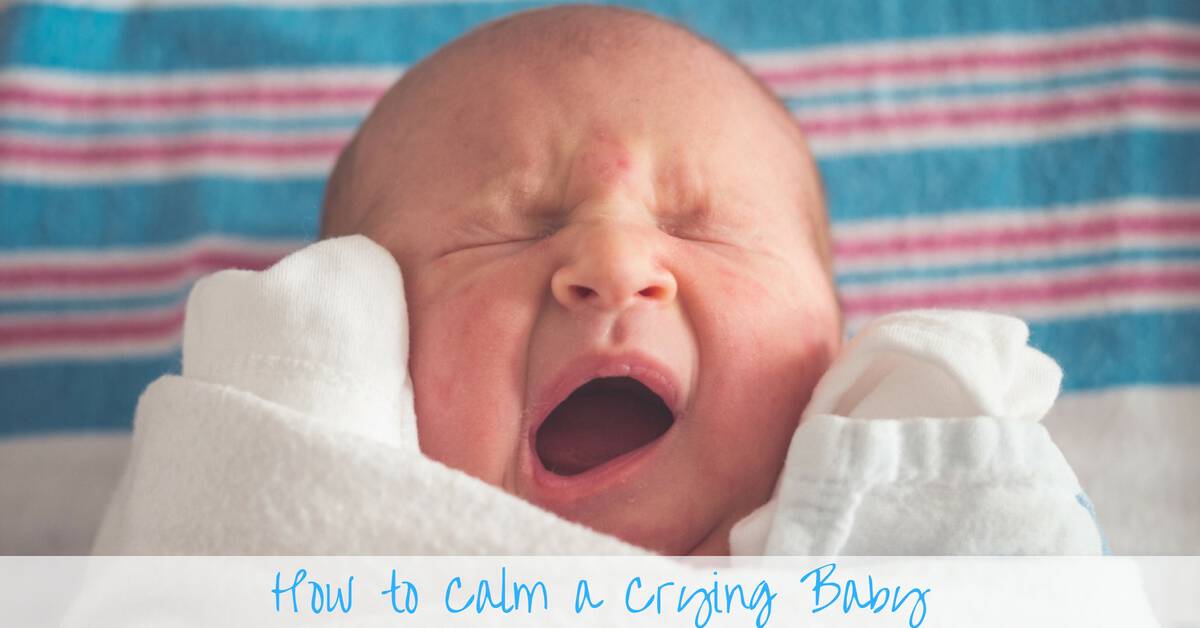
A fussy baby can be challenging for parents and caregivers, but there are some things you can try to soothe them and make them feel more comfortable.
Here are a few tips:
Check For Basic Needs: Ensure the baby’s diaper is clean and they are not hungry or thirsty. Sometimes a simple adjustment can make a big difference.
Comforting Touch: Gentle stroking, patting, or holding the baby close to your chest can provide a calming effect. Skin-to-skin contact is also helpful for fussy babies.
White Noise: Sometimes, white noise can help calm a baby down. You can use a white noise machine, play calming music or even use a vacuum cleaner or a hairdryer as a source of white noise.
Motion: Babies often find comfort in being rocked, swayed, or bounced. Try different types of movement to find what works best for your baby.
Pacifier: If your baby takes a pacifier, offering it to them may help soothe them.
Warm Bath: A warm bath can help relax a fussy baby, especially if they are experiencing discomfort from gas or constipation.
Colic Relief: If your baby has colic, there are specific treatments available that may provide relief. Talk to your pediatrician about your options.
Remember, every baby is unique, and what works for one may not work for another. Be patient and try different techniques until you find the best for your little one.



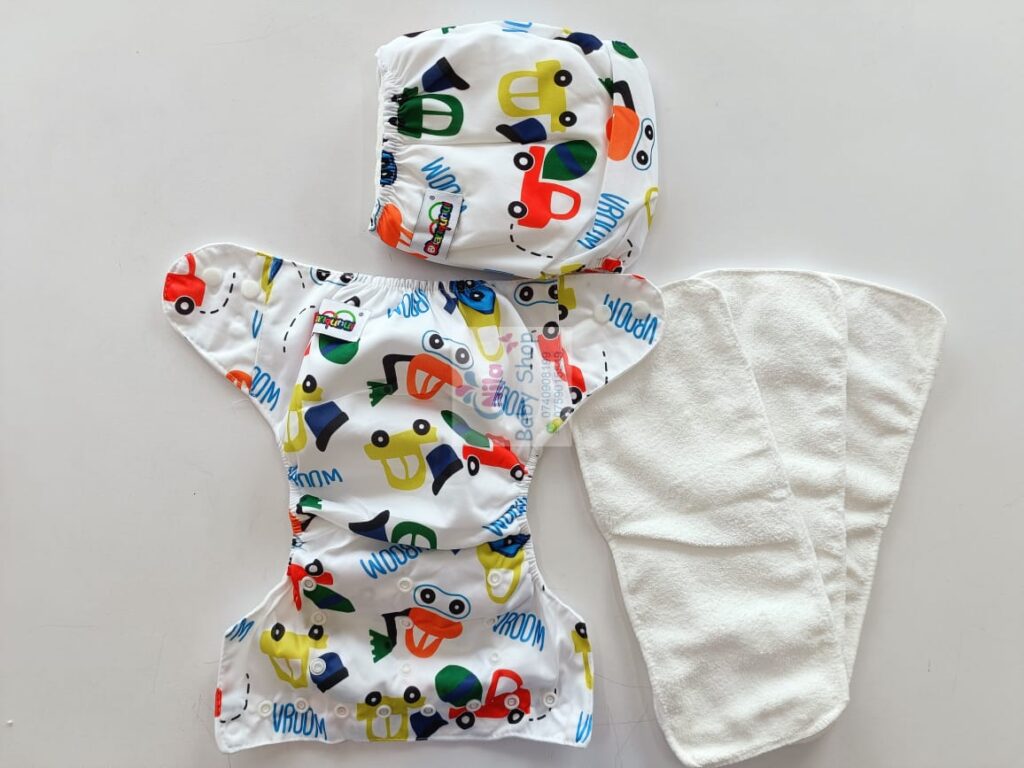
Checklist For Why Your Baby Might Be Fussy:
Hunger: Make sure the baby is getting enough to eat and on a regular schedule.
Sleep: Check if the baby is tired or overstimulated and needs to sleep. Ensure they are getting enough rest during the day and at night.
Diaper: Ensure the baby’s diaper is clean and not causing discomfort.
Illness: If the baby has a fever, runny nose, cough, or other signs of disease, they may be fussy.
Gas or Colic: Babies often get gassy or have colic, which can cause fussiness and crying.
Teething: If the baby is of teething age, they may be fussy due to the discomfort of new teeth.
Sensory Overload: Sometimes, babies become fussy if they are overstimulated by too much noise, light, or activity.
Reflux or Other Digestive Issues: Some babies experience reflux or other digestive problems that can cause fussiness and discomfort.
Growth Spurts: Babies go through growth spurts that can cause them to be fussy and clingy.
Changes In Routine or Environment: Changes in the baby’s routine or environment, such as a new caregiver or a move to a new home, can cause them to be fussy and unsettled.
Remember that all babies are unique and may have their reasons for being fussy. If you are concerned, speak to your pediatrician for advice and support.
Why Parents and Caregivers Need Breaks From Crying Babies:
Caring for a crying baby can be a challenging and exhausting experience for parents and caregivers. Babies cry for various reasons, including hunger, discomfort, illness, or need for attention or comfort. It’s natural for parents and caregivers to want to soothe their crying baby, but it can also be emotionally and physically draining.
Here are some reasons why parents and caregivers need breaks from crying, babies:
Physical Fatigue: Trying to calm a crying baby can be physically tiring, especially if it goes on for hours. It can lead to muscle strain, headaches, and exhaustion.
Emotional Stress: Crying babies can be stressful for parents and caregivers, especially if they cannot soothe them. It can lead to feelings of frustration, anxiety, and even depression.
Need For Self-care: Parents and caregivers need to take care of themselves to be able to take care of their babies. Taking breaks can help them recharge and maintain their mental and physical well-being.
Preventing Shaken Baby Syndrome: Crying babies can be overwhelming, and in some cases, it can lead to shaken baby syndrome, which can cause serious brain injury or even death. Taking a break can help parents and caregivers avoid this potential danger.
Building Resilience: Taking breaks can help parents and caregivers build strength, which is the ability to bounce back from difficult situations. It can help them better manage stress and be better equipped to care for their baby in the long run.
In summary, caring for a crying baby can be overwhelming and exhausting. Parents and caregivers need breaks to maintain their well-being and prevent potential harm to themselves and their babies.
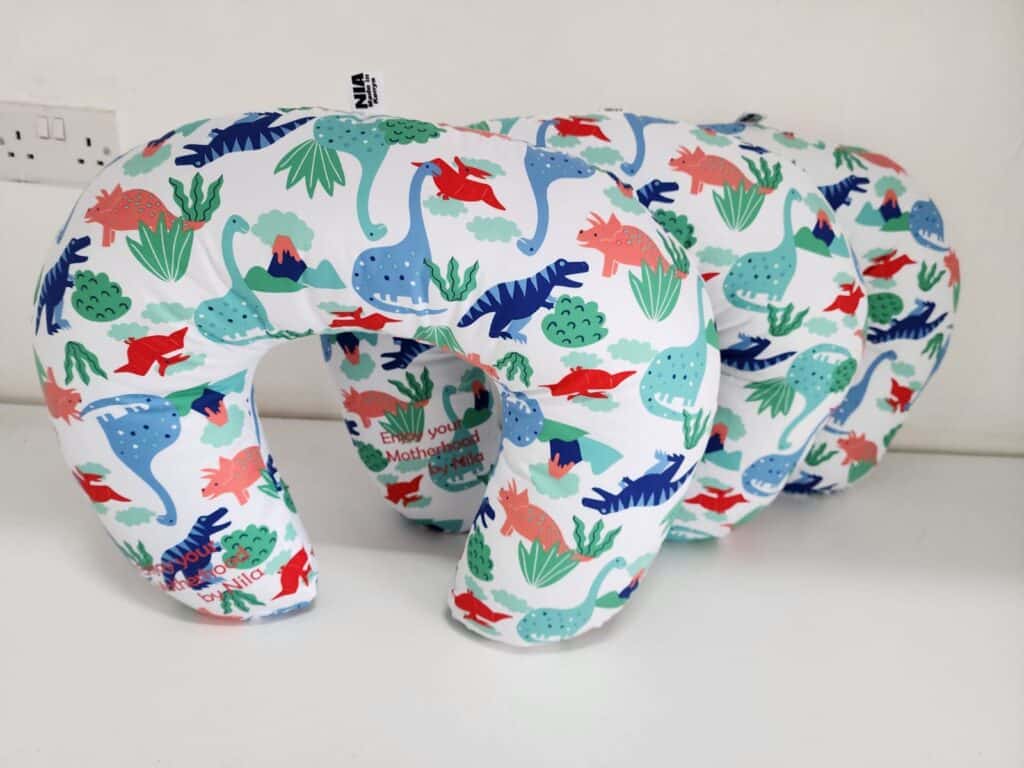
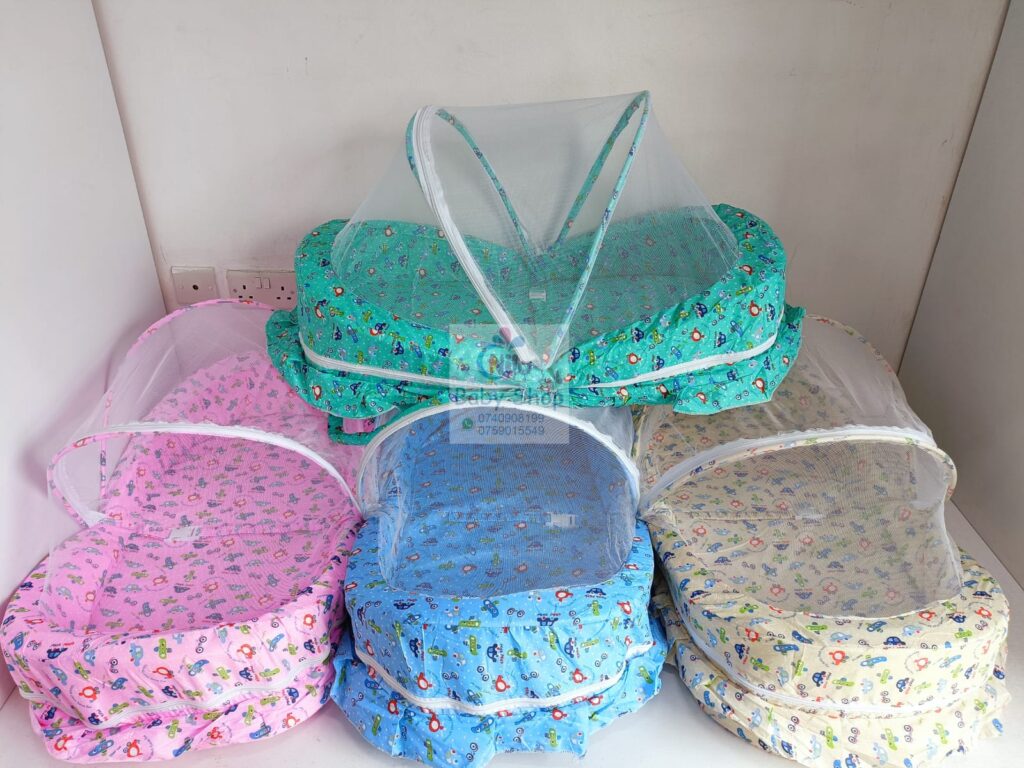
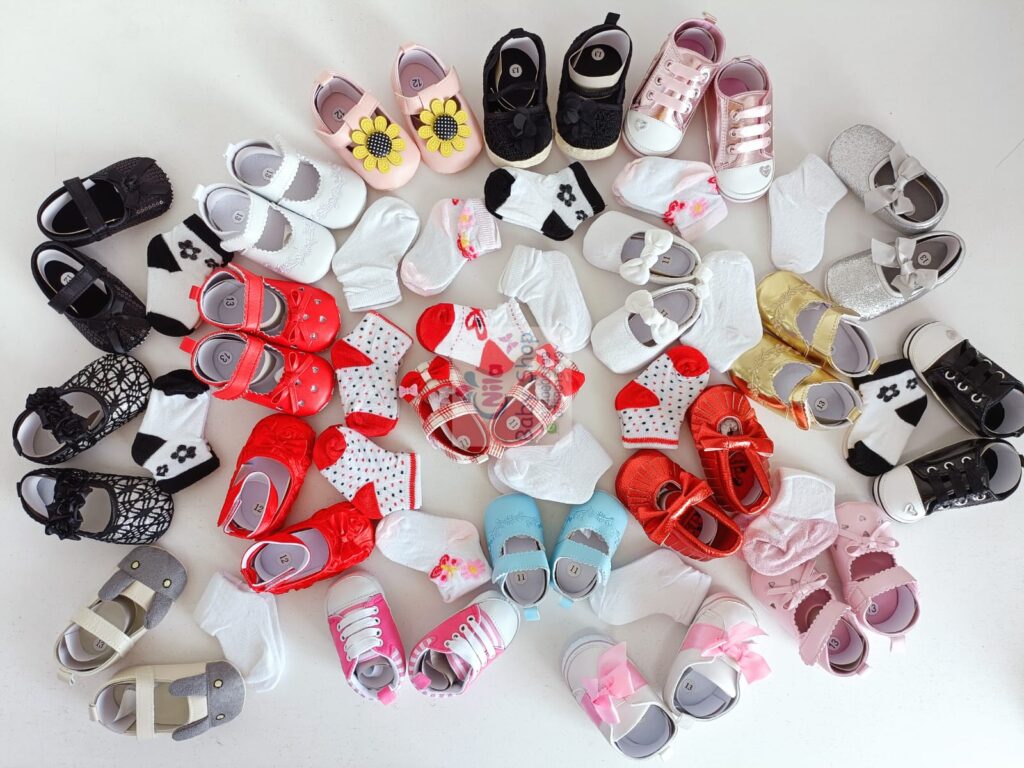
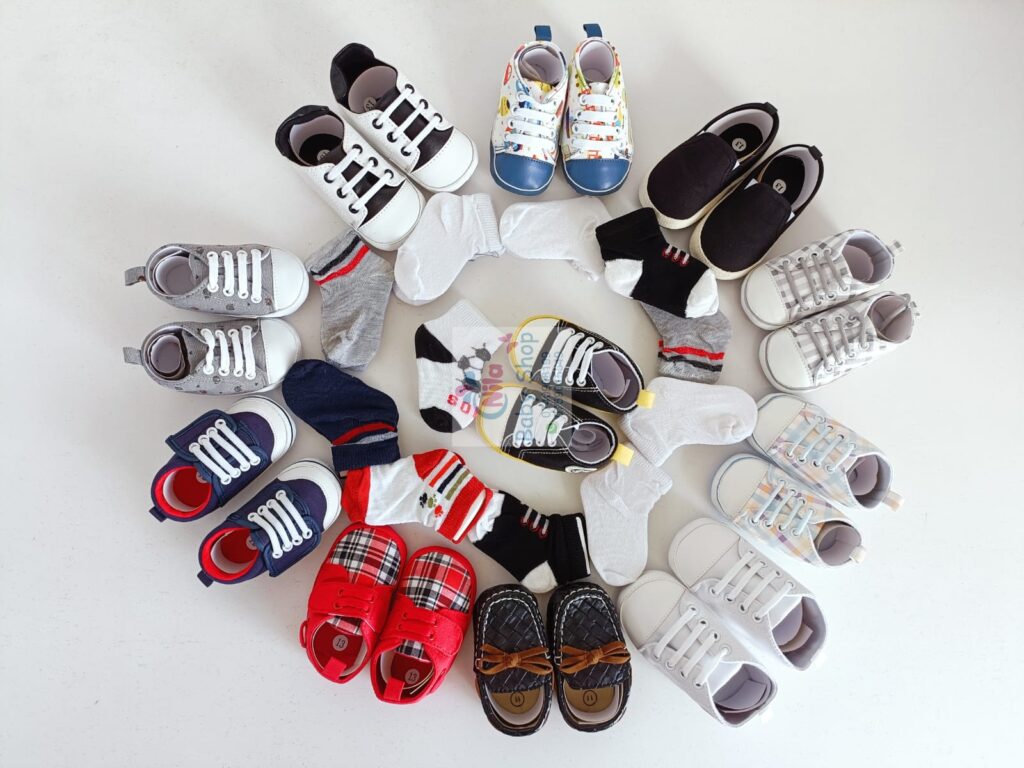
Dealing with a fussy baby can be a challenging and stressful experience for any parent or caregiver. Here are some tips that may help:
Try to identify the cause of your baby’s fussiness. Is your baby hungry, tired, overstimulated, or needing a diaper change? Once you know the reason, you can take appropriate action.
Comfort Your Baby: Rocking, swaying, or gently bouncing your baby may help soothe them. You could also use a pacifier, sing, or play calming music.
Create A Calm Environment: Reducing noise and bright lights can help calm a fussy baby. Swaddling your baby could also help them feel secure and peaceful.
Change Your Baby’s Position: Sometimes changing your baby’s position can help calm them down. For example, if your baby is lying down, try holding them upright or vice versa.
Take a break: If you’re feeling overwhelmed or frustrated, taking a break is okay. Put your baby in a safe place, like a crib, and take a few minutes to breathe, regroup, and calm down.
Remember that every baby is different; what works for one may not work for another. If your baby’s fussiness persists or you’re concerned about their behavior, it’s always a good idea to consult your pediatrician or a qualified healthcare professional.
Written by Nila Baby Shop
Best Baby and Mother Products Store. Our main objective is to provide an exceptional online shopping experience, home delivery, and prompt customer service.
Leave a Reply